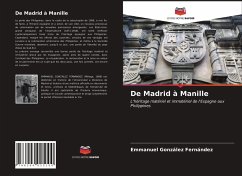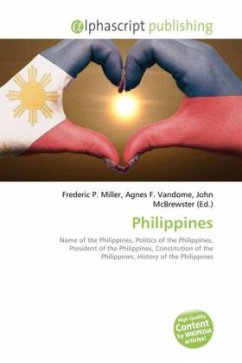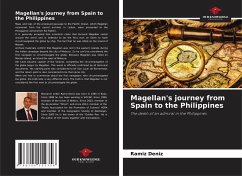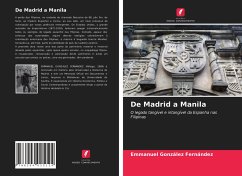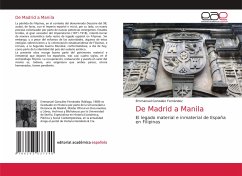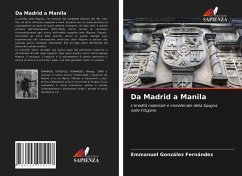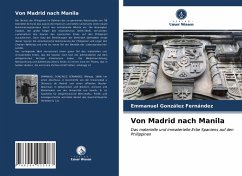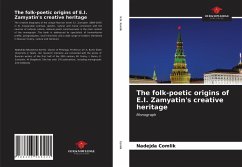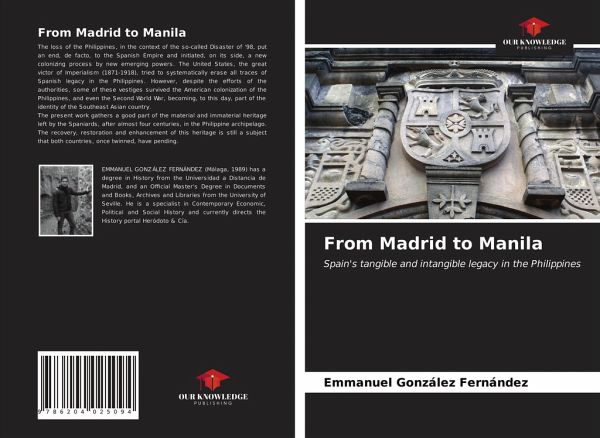
From Madrid to Manila
Spain's tangible and intangible legacy in the Philippines
Versandkostenfrei!
Versandfertig in 6-10 Tagen
36,99 €
inkl. MwSt.

PAYBACK Punkte
18 °P sammeln!
The loss of the Philippines, in the context of the so-called Disaster of '98, put an end, de facto, to the Spanish Empire and initiated, on its side, a new colonizing process by new emerging powers. The United States, the great victor of Imperialism (1871-1918), tried to systematically erase all traces of Spanish legacy in the Philippines. However, despite the efforts of the authorities, some of these vestiges survived the American colonization of the Philippines, and even the Second World War, becoming, to this day, part of the identity of the Southeast Asian country. The present work gathers...
The loss of the Philippines, in the context of the so-called Disaster of '98, put an end, de facto, to the Spanish Empire and initiated, on its side, a new colonizing process by new emerging powers. The United States, the great victor of Imperialism (1871-1918), tried to systematically erase all traces of Spanish legacy in the Philippines. However, despite the efforts of the authorities, some of these vestiges survived the American colonization of the Philippines, and even the Second World War, becoming, to this day, part of the identity of the Southeast Asian country. The present work gathers a good part of the material and immaterial heritage left by the Spaniards, after almost four centuries, in the Philippine archipelago. The recovery, restoration and enhancement of this heritage is still a subject that both countries, once twinned, have pending.



